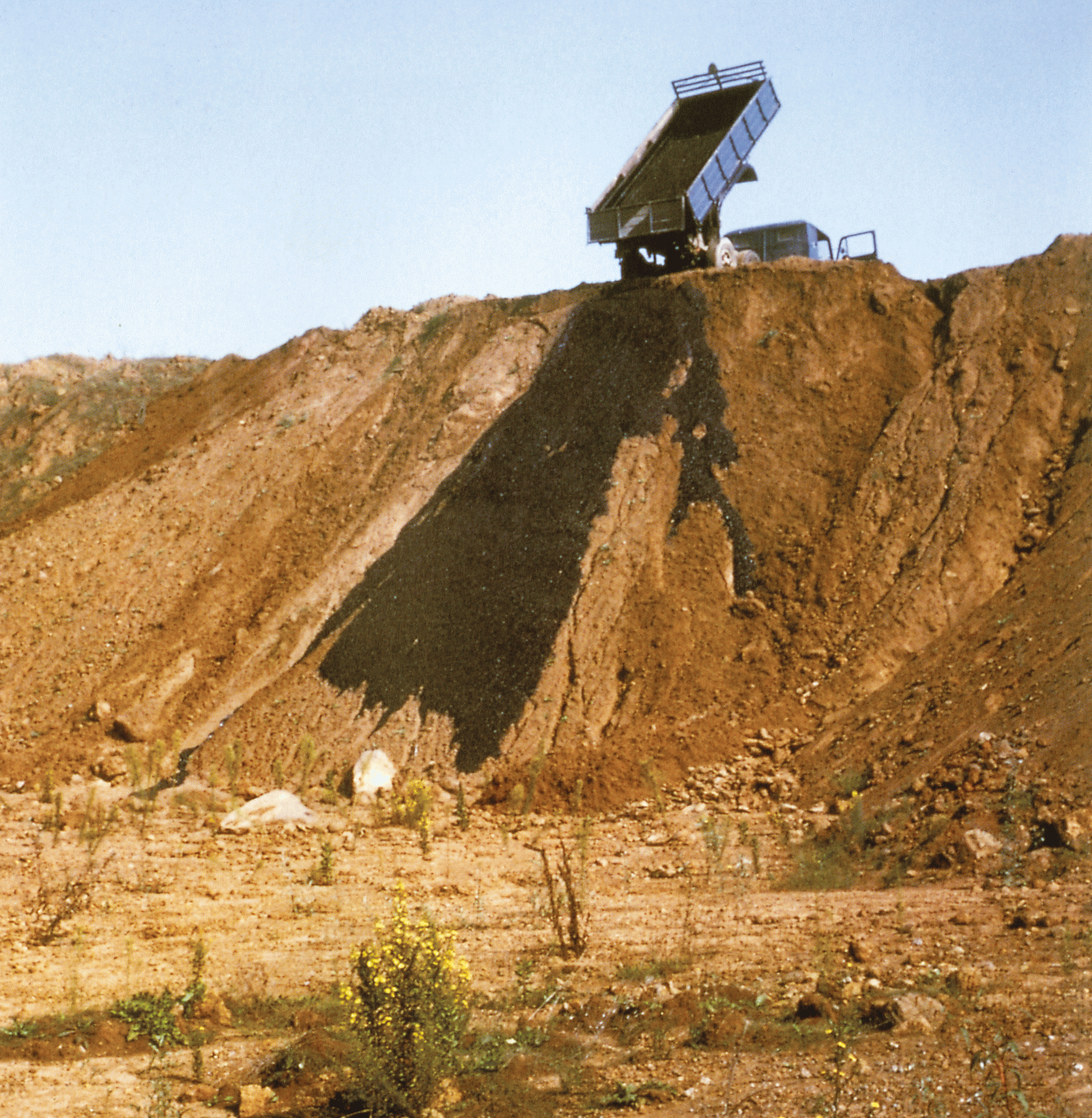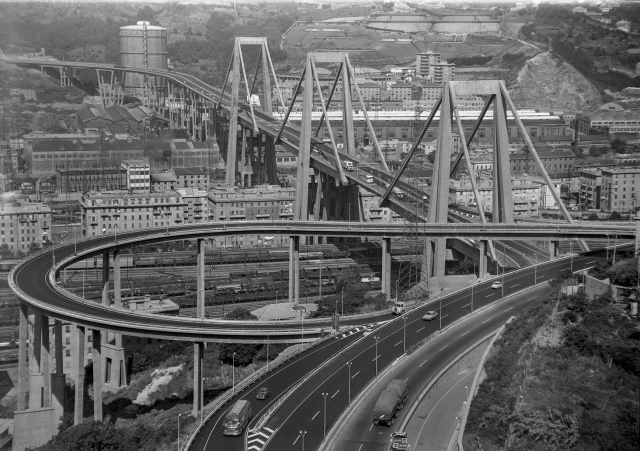Ricerca
Ecology and Aesthetics. Environmental Approaches in Art History (e/ae)
Hannah Baader, Gerhard Wolf with Sugata Ray (UC Berkeley)

Robert Smithson: Asphalt Rundown. Rome, October 1969
In its first phase, the project has engaged with the intertwined discourses of aesthetics and ecology in European intellectual history since the nineteenth century, contemporary with the process of industrialization, often identified as the beginning of a new geological period, the “Anthropocene”. If this term overemphasizes the role of a single protagonist of the profound environmental changes, it is not a prime concern of the project, while the human/non-human interactions on a global scale certainly are. The question is rather, what art history has to say, what perspectives to contribute to the debates and research on the Anthropocene in the natural sciences and humanities. The project concentrates on this aspect in its second phase. While in recent years ecological and environmental topics have become common in art history (from East Asia to the ancient Americas), the discipline remains mostly bound to iconographical and representational approaches, even if the environmental dynamics of artistic practices themselves are considered in part. There is more to be done, and there are more radical questions to be asked, regarding the boundaries and responsibilities of the discipline in conversation with others, for example archaeology.
The notion and study of landscape needs to be re-thought not only regarding pictorial genres, but also the architecture and shaping of landscapes themselves. From a broader perspective the research involves the analysis of human interventions in geomorphological terms; the migration of seeds and plants, of materials like stones or pigments, and techniques over centuries; the impact of colonialism on flora, fauna and eco-systems. The making of landscapes and the dynamics of “naturalization” and urbanization from a transregional, if not geopolitical perspective, are major concerns of the project, which is proceeding by case studies and in a comparative approach.




